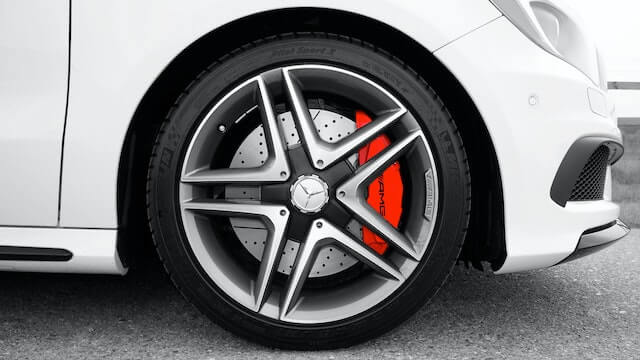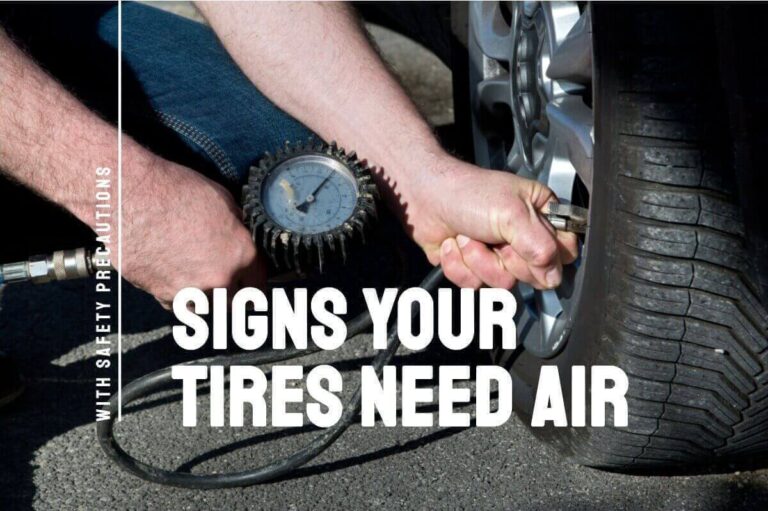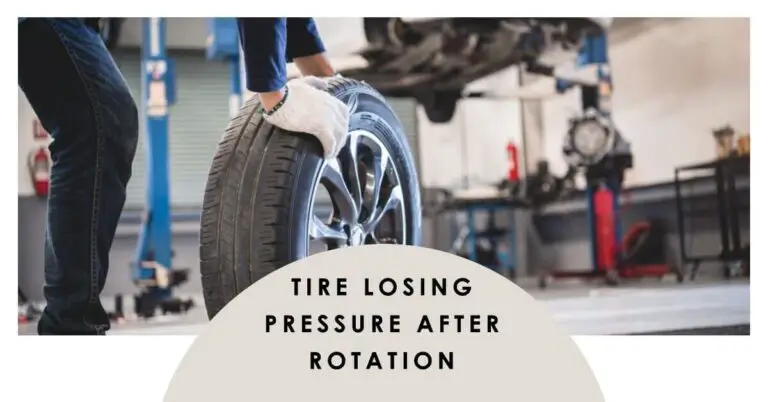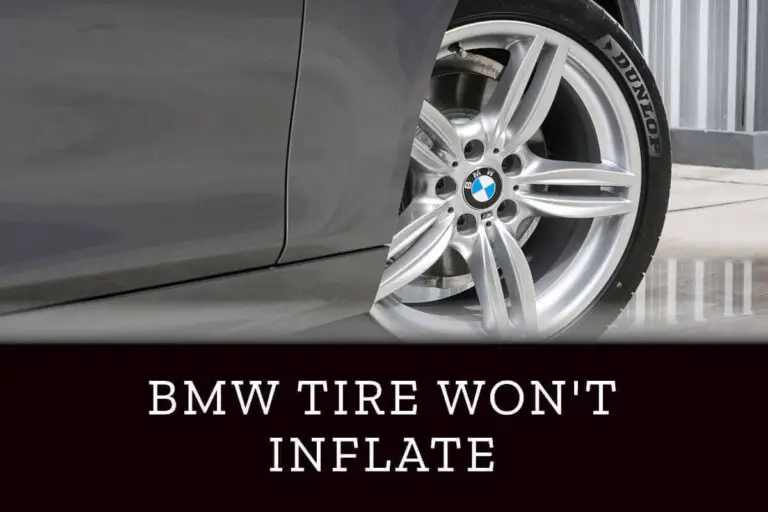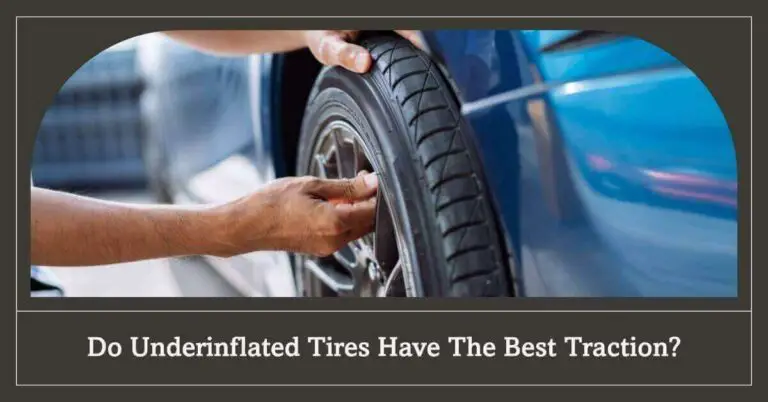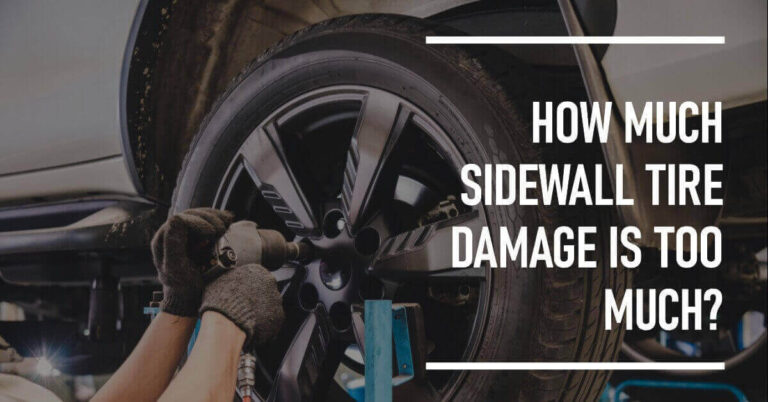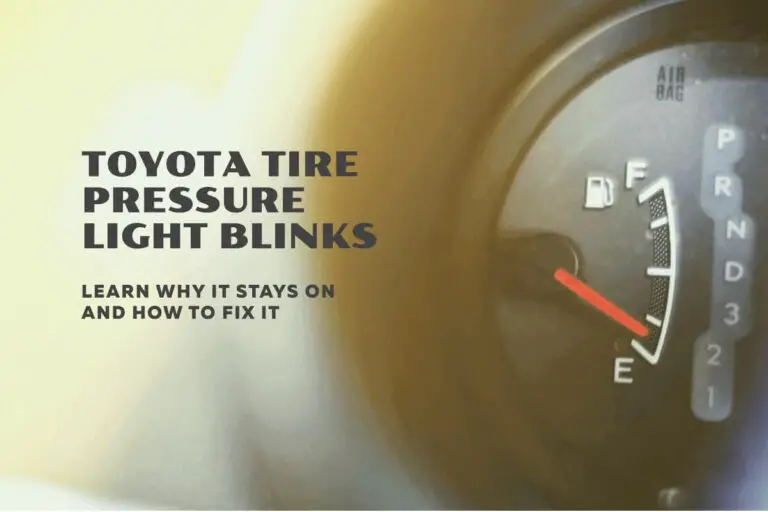Car issues come and go but ones that aren’t checked on time come back to bite you again. The same goes for steering wheel vibration. We have a habit of overlooking issues that seem subtle and harmless at first but do have the potential for getting worse. This is the first mistake we can.
What you need to do is check the source of the problem and take things from there. There are many causes of steering wheel vibration after a tire rotation. Some of these causes are considered to be very common and can easily be solved.
This article would provide you with detailed information regarding all the ways you can solve the issue of your steering wheeling. We hope this is a huge help and would provide you with tips on the best ways to deal with this problem.
Causes of steering wheel vibration after tire rotation
There are many factors involved in the vibration of a car. Tire rotation is quite important for judging the life of a vehicle but one with vibration can become a little tricky to explain. Here are a few causes of these vibrations:
Uneven wear
It is quite common for tires to vibrate and shake after not having had some action for a long time. Rotation takes a toll on the whole tire therefore it is very common for tires to do this.
If you also haven’t had an alignment service done in a long time, this could be the reason behind such noise and vibration as well. Uneven wear can cause a lot of vibration and shake during rotation.
Unbalanced tires
Unbalanced tires are another reason for the shaking and vibration of a truck or a vehicle during rotation. Rear tires when moved towards the front axle can experience a minor balance issue which is often not as noticeable in the rear tires location but is quite obvious on the front axle. When tires get worn down after being used for a very long time, they often become out of balance.
Damaged tire
Shaking and vibrations might be caused by damaged tires. This could be because the tire has become out of round as a result of broken belts. Damaged belts can cause sidewall bulges and uneven tread. Internal tire deterioration can be difficult to detect at times.
It may be smarter to rely on the professionals at your local tire shop rather than attempting to inspect your tires for deformations yourself. Visible sidewall damage is easy to notice, but understanding how substantial the damage beneath the superficial defects is more difficult.
Warped rotors
Over-tightening lug nuts can cause brake rotors to warp by hindering their ability to expand and contract correctly during temperature changes. The manufacturer specifies a particular torque for lug nut tightening to prevent this issue.
After a tire rotation with over-tightened lug nuts, driving can heat up the rotors due to brake use, leading to warping when they cool down. If the rotors are warped, shaking with rotors can be caused.
Is it normal for the steering wheel to shake after rotation?
If your steering wheel is shaking out of nowhere then it is definitely an alarming sign for your wheels. A shaky or vibrating steering wheel is in no way a normal occurrence for a vehicle. It is a sign that something is definitely wrong with your vehicle and you need to get it checked.
One of the reasons for such shaking and vibrating can be due to your worn-down tires. Your tires may have passed their tire life and might need to be changed.
Another could be the unbalanced state of the tires. One or two tires on one side could be heavier than the others causing the vehicle to be unstable. Therefore it is important that you get your vehicle checked after experiencing this sort of shaking.
It doesn’t hurt to be extra cautious and get it checked by a mechanic. They would certainly understand the issue and help you fix the problem. Be sure not to ignore the problem or delay getting it fixed.
Solutions for steering wheel vibration
There are many solutions for steering wheel vibration. Here are a few that you can definitely take advantage of:
- If the cause is uneven tire wear then there is something effective that you can do. Uneven tire wear can be caused by over or under-inflation, out-of-balance tires, or weak alignment. You might also have to check your suspension. Once you figure out the issue, you can get an alignment performed on the car. Once the alignment is done, you might want to allow the tires to get used to the new wear. This would smooth them out for further use.
- Since there’s always a possibility of your wheels not having enough pressure to be evenly balanced, make sure that all the tires are inflated to the recommended pressure. Uneven tire pressure can also cause steering wheel vibrations.
- Make sure that all the lug nuts are tightened to the manufacturer’s recommended torque specifications. Loose lug nuts can cause the wheels to wobble, resulting in vibrations.
- If you find the wheels to be damaged, it is recommended that you replace them with new ones. If you have an all wheel drive car or truck, you might want to change all four wheels. This would help you avoid traction issues or prevent it from putting too much pressure on the drivetrain.
Is steering wheel vibration dangerous for vehicle
If you feel your steering wheel shaking and vibrating while driving, chances are there’s a problem with your tires or wheels. This might not be an immediate issue but is best to acknowledge it before things get out of hand. As safety should be your first priority, be sure to address the problem by taking it for a checkup.
Shaking or vibrations in the steering wheel can cause a number of problems, such as decreased control of your vehicle, difficulty steering, and increased wear and tear on your tires and suspension system. In some cases, it can also lead to more serious issues, such as tire blowouts or complete wheel failure.
If you notice any shaking or vibrations in your steering wheel after a tire rotation, it’s important to have your car inspected by a professional mechanic. They can identify the underlying cause of the issue and perform any necessary repairs or adjustments to ensure your vehicle is safe to drive.
FAQs
Why does my steering wheel shake after tire rotation?
Shaking in the steering wheel after a tire rotation could be due to imbalanced tires or misaligned wheels. It’s best to have the tires balanced and the wheels realigned.
Why does my steering wheel vibrate after tire rotation?
Vibration in the steering wheel after a tire rotation can be caused by unbalanced tires or wheels, uneven wear on the tires, or worn suspension components.
What is the common cause of steering wheel vibration?
The most common causes of steering wheel vibration are imbalanced tires or wheels, worn suspension components, misaligned wheels, and uneven tire wear.
How do I stop my steering wheel from vibrating?
To stop your steering wheel from vibrating, you should have your tires and wheels balanced, wheels aligned, and suspension components checked for wear and tear.
Does power steering cause vibration?
Power steering itself does not cause vibration. However, a malfunctioning power steerings system, such as a failing pump or a leak in the system, can cause vibrations in the vehicle.
Conclusion
When you get into a situation where you don’t get the extent of the problem, it’s difficult to make a solid decision. Steering wheel vibration might not seem like a big issue but could become one if not taken care of beforehand. o address this problem, it’s important to have your tires and wheels balanced, aligned, and inspected for any issues.
Additionally, regularly rotating your tires can help promote even wear and prevent future vibration issues. It’s recommended to have your vehicle checked by a qualified mechanic if the vibration persists or if there are any other concerns with your vehicle’s steering or suspension systems.

